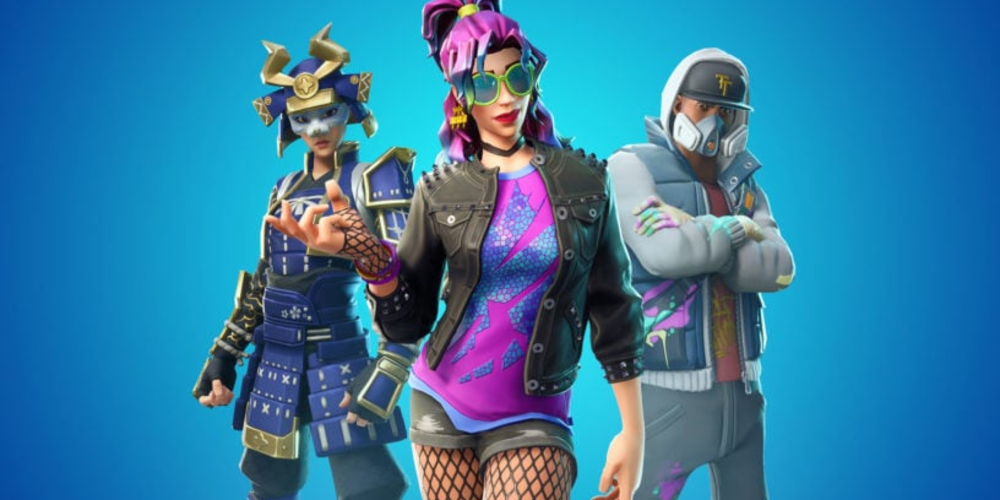Fortnite's New Shield Against Toxicity: Blocking Confrontational Emotes
- Apr 23, 2024
- 469

In the continuously changing world of online gaming, the popular battle royale game Fortnite has made a notable move towards fostering a more inclusive and less toxic community. Epic Games recently announced a feature that allows players to block what are being referred to as 'Confrontational Emotes.' These emotes, including the infamous 'Take the L' and 'Laugh It Up,' have been a source of frustration for many, often being used to gloat over opponents in less-than-sporting manners.
The introduction of this feature has sparked a debate within the community, with reactions varying from applause for promoting a healthier gaming atmosphere to criticism for potentially 'softening' the competitive edge of the game. The setting, once activated, will prevent players who opt-in from seeing or hearing these emotes. Instead, opponents who attempt to use these emotes will appear as if they are simply standing still, devoid of any sound or animation that could be considered gloating.
This move by Epic Games is not without precedent in the gaming world, but it's one of the first times a battle royale game has directly addressed the issue of emote-based taunting in such a direct manner. By allowing players the choice to not see these emotes, Epic is acknowledging the impact that these seemingly small actions can have on a player's experience. It's a nuanced approach to balancing the game's competitive spirit with the need for a respectful playing field.
Critics of the new feature argue that it shields players from the realities of competitive play, where taunting and psychological warfare are as much a part of the game as shooting and strategizing. They fear this could lead to a sanitized version of Fortnite, removing elements that, for better or worse, have become part of its culture. On the flip side, advocates argue that this measure is a positive move towards addressing online harassment, enhancing the game's environment particularly for the considerable number of young players that constitute a major part of Fortnite’s community.
In conclusion, Fortnite's decision to allow players to block confrontational emotes is a bold experiment in online gaming culture. It raises important questions about where the line is drawn between competitive banter and toxic behavior. As the gaming community progresses, its reactions to these developments will not only influence Fortnite, but also set new norms for online engagement in future games. Whether this move will be seen in hindsight as a step toward a more inclusive gaming environment or as a misstep in managing competitive dynamics remains to be seen.